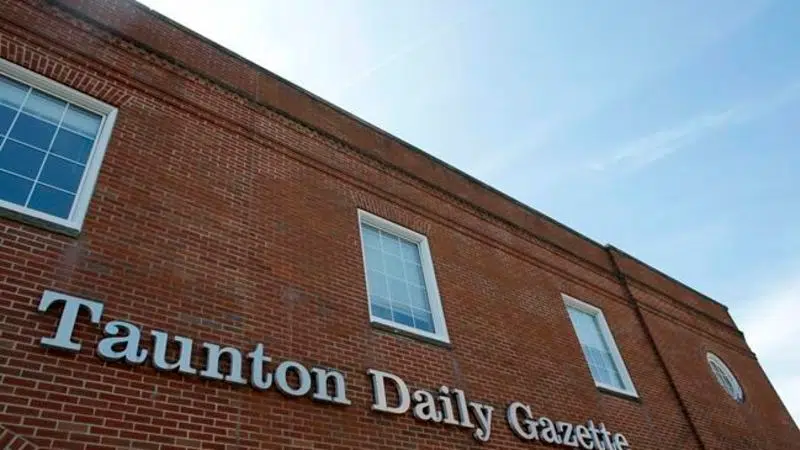
GateHouse, Gannett to merge for $1.4B, build newspaper giant
NEW YORK — Two of the largest U.S. newspaper companies have agreed to combine for roughly $1.4 billion, creating a new industry giant that hopes to manage the crisis of print’s decline through sheer size.
GateHouse Media, a fast-growing chain backed by an investment firm, is buying USA Today owner Gannett, promising to speed up a digital transformation as readers shift online. The companies say they are committed to “journalistic excellence” — while also cutting $300 million in costs every year.
The resulting company would be the largest U.S. newspaper company by far, with a print circulation of 8.7 million, 7 million more than the new No. 2, McClatchy, according to media expert Ken Doctor.
Local papers, faced with the complex and expensive process of building digital businesses to replace declines in print ads and circulation, have been consolidating madly in recent years. Although papers with national readerships like The New York Times and The Washington Post have had success adding digital subscribers, local papers with local readerships find it much more difficult. Hundreds of such papers have closed, and newsrooms have slashed jobs.
